
Top 7 Skills You Need To Become A Data Engineer?
Mar 24, 2024 3 Min Read 78 Views
(Last Updated)
Who is a DATA ENGINEER? What are the requisite skills to be a Data Engineer?
Civil Engineers, Electronics Engineers, Mechanical Engineers, Computer Engineers, Production Engineers, Chemical Engineers, Biomedical Engineers, Aerospace Engineers, and all other Engineers have had their own share of buzz once upon a time! Well, now all we hear is the buzz made by Data Engineers!
“Data really powers everything that we do.” — Jeff Weiner, American Businessman
And Data Engineers are the ones who ignite this spark and bring out the best insights from the huge bulk of available data.
Table of contents
- "Can I become a Data Engineer?" What are the top skills required to be a Data Engineer?
- What are the responsibilities of a Data Engineer?
- Good Grasp of Programming Languages
- Databases Systems
- Knowledge of Operating Systems
- Data Warehousing
- Data Analysis
- Interpersonal Skills/ Public skills
- A basic understanding of Machine Learning
- Wrapping Up
“Can I become a Data Engineer?” What are the top skills required to be a Data Engineer?
The very popular question of 2022. And what’s the answer? Let’s find out here.
You can definitely become a Data Engineer if you have the below skills sprouting out from your personality
- Good grasp of programming languages – Python, SQL, Java, JavaScript, etc.
- Databases – SQL and NoSQL
- Knowledge of operating systems
- Data warehousing
- Data analysis
- Interpersonal soft skills: Communication skills, Critical thinking skills
- Basic understanding of machine learning
Before we dig deep and find out why these skills are a must-have to be a Data Engineer, we should understand the following!
Before we move to the next part, you should have a deeper knowledge of data engineering concepts. You can consider enrolling yourself in GUVI’s Data Engineering Career Program, which lets you gain practical experience by developing real-world projects and covers technologies including data cleaning, data visualization, Infrastructure as code, database, shell script, orchestration, cloud services, and many more.
Additionally, if you would like to explore Data Engineering and Big Data through a Self-paced course, try GUVI’s Data Engineering and Big Data self-paced course.
What are the responsibilities of a Data Engineer?
What would you possibly do as a Data Engineer?
- Team up with other teams and management to underline company objectives
- Identify the business needs & gaps and acquire datasets accordingly
- Develop algorithms and use data structures to transform data into useful, actionable information
- Create, test, and maintain database pipeline architectures
- Adhere to data governance and security policies while doing every data validation step
- Develop & skill up to new data validation methods
- Keep learning and upgrading the know-how of advanced data analysis tools
Now that we know, what a Data Engineer does, we are in a good place to analyze the key requisites to becoming a Data Engineer. So, let’s get started with them one by one.
1. Good Grasp of Programming Languages
A data engineer is NOT a programmer! Agreed!
Well, a Data Engineer does not really need to sit down and write the code for everything like a programmer does. Agreed! However, a Data Engineer is expected to be good in multiple programming languages! Ask us why?
That is so because a Data Engineer works with multiple tools and software in the process of extracting data. These tools and software demand expertise in certain programming languages. In addition to this, creating data pipelines usually with Python and SQL with Dataswarm is one of the key responsibilities of a Data Engineer. Further, leading to good programming language know-how.
So, which programming languages would you need to learn as a Data Engineer? Starting with Python, you might need to be good with Java, JavaScript, Golang, Ruby, Perl, etc.
That said, most employers want their Data Engineers to at least to have basic do-able knowledge in coding.
As a Data Engineer, you would basically create pipelines & structures of data that help in collecting, managing, and translating raw data into insights or usable information.
2. Databases Systems
In short, a data engineer would start structuring the huge pile of data into an accessible piece of information that the organizations could further evaluate & put into use for further optimization. Data engineers should have knowledge of relational database systems like SQL as well as MySQL and PostgreSQL.
Another major emphasis is on Lambda architecture. It supports unified data pipelines for batch and real-time processing.
3. Knowledge of Operating Systems
Again, you need to be well-versed with multiple operating systems like Apple macOS, Microsoft Windows, Linux, Solaris and UNIX. It will stand by you in the long run and ease your data engineering chores!
4. Data Warehousing
No wonder you have to have a good hands-on on Data warehousing. It goes without saying that day in and day out, you need to be storing and manipulating the data therein. So, knowledge of data warehousing solutions, such as Panoply or Redshift is next to mandatory.
5. Data Analysis
Although, data engineers need to primarily focus on creating data pipelines, majorly on preparing data. However, data analysis skills are a definite add-on. In fact, several employers demand and look for a Data Engineer who owns data analysis skills too.
That said, understanding analytics software, like MapReduce, Hive, Pig and HBase can add stars to a data engineer’s collars.
6. Interpersonal Skills/ Public skills
Data engineers definitely need to be social animals! Yeah, they have to work in collaboration with Data Analysts, Data Scientists, HR & Design teams, and all other counterparts! Furthermore, with not much technical expertise. That is the reason why possessing great communication skills is critical. More the merrier works here well!
Data engineers should be able to evaluate issues so that they can track and gather the data to suit the organization’s needs. So, public skills like critical thinking, problem-solving, etc., are all necessary skills for a data engineer.
7. A basic understanding of Machine Learning
Now, you might jump in and argue that these are the typically Data Scientist skills. Well, it is no wonder that the Data Science, Data Analysis, & Data Engineering job roles go hand-in-hand. Any day, building your knowledge of data modelling and statistical analysis can do only good for you. So, a basic understanding of Machine Learning, IoT, Cloud Computing, etc., would make you stand out from the crowd.
Kickstart your career by enrolling in GUVI’s Data Engineering Career Program where you will master technologies like data cleaning, data visualization, Infrastructure as code, database, shell script, orchestration, and cloud services, and build interesting real-life cloud computing projects.
Alternatively, if you want to explore Data Engineering and Big Data through a Self-paced course, try GUVI’s Data Engineering and Big Data Self-Paced course.
Wrapping Up
So, these were the pre-requisite skills that a Data Engineer should possess. Hope that was informative.

Furthermore, we look forward to your suggestions & comments.














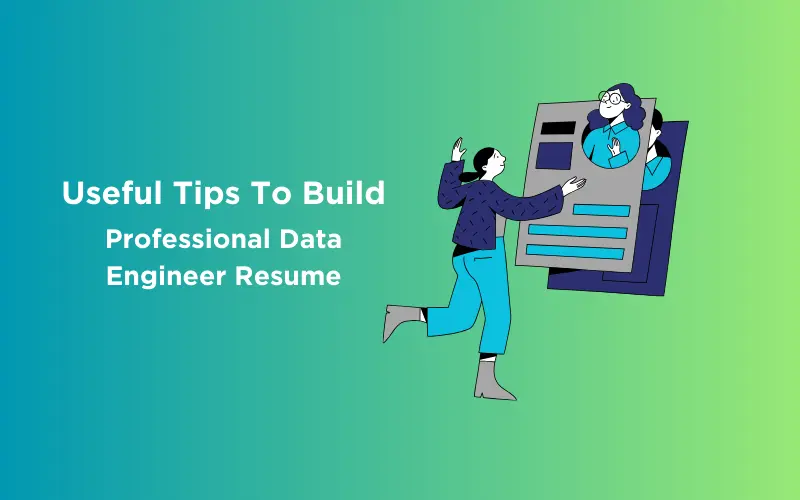


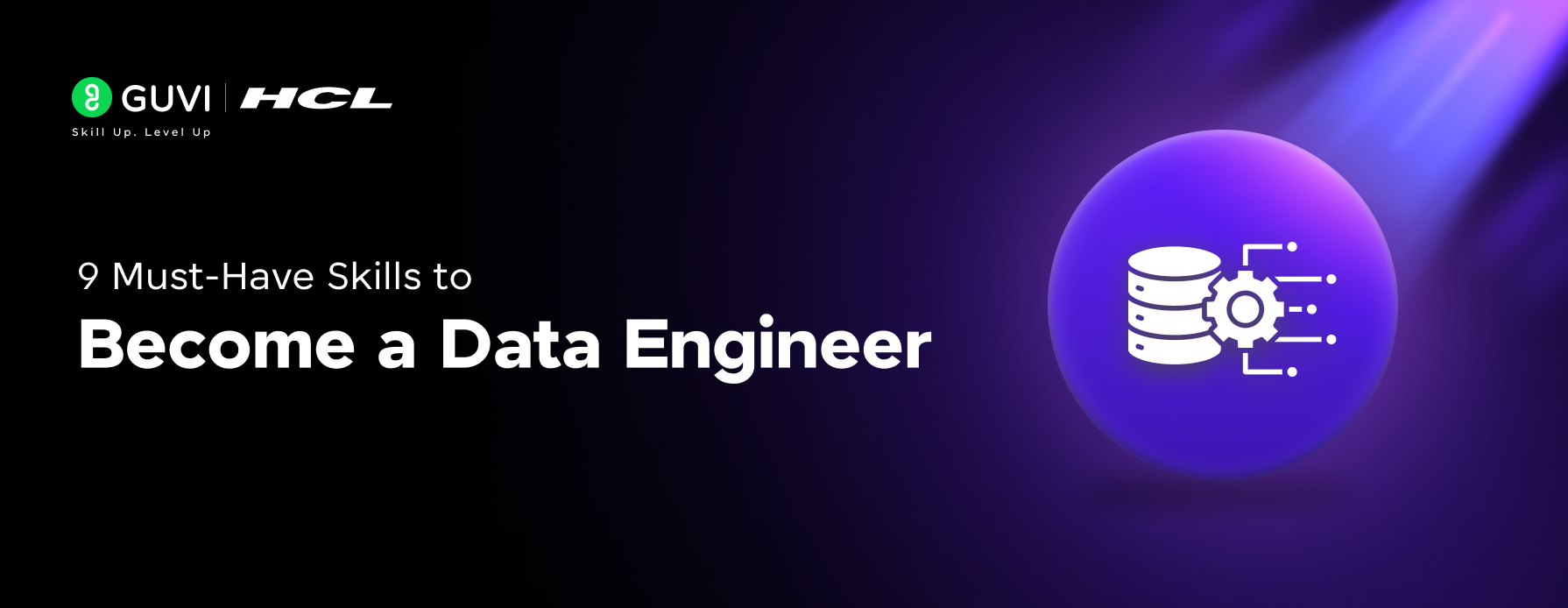

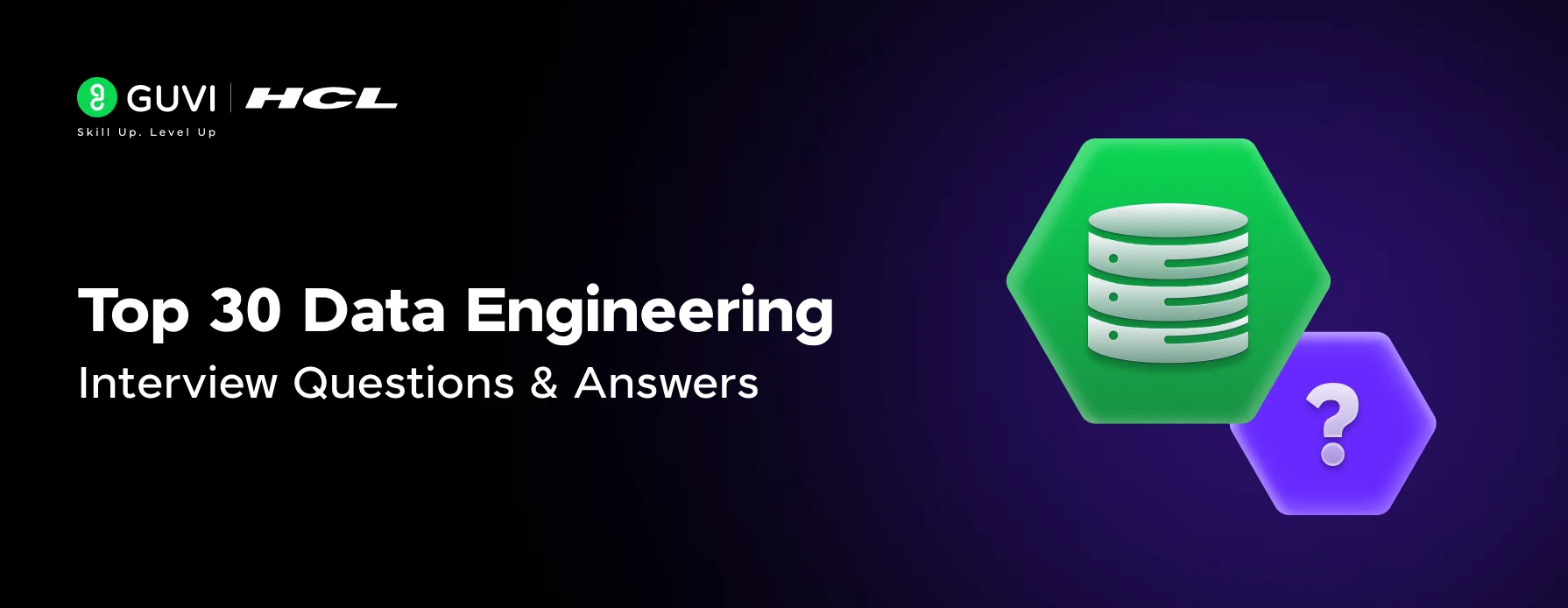
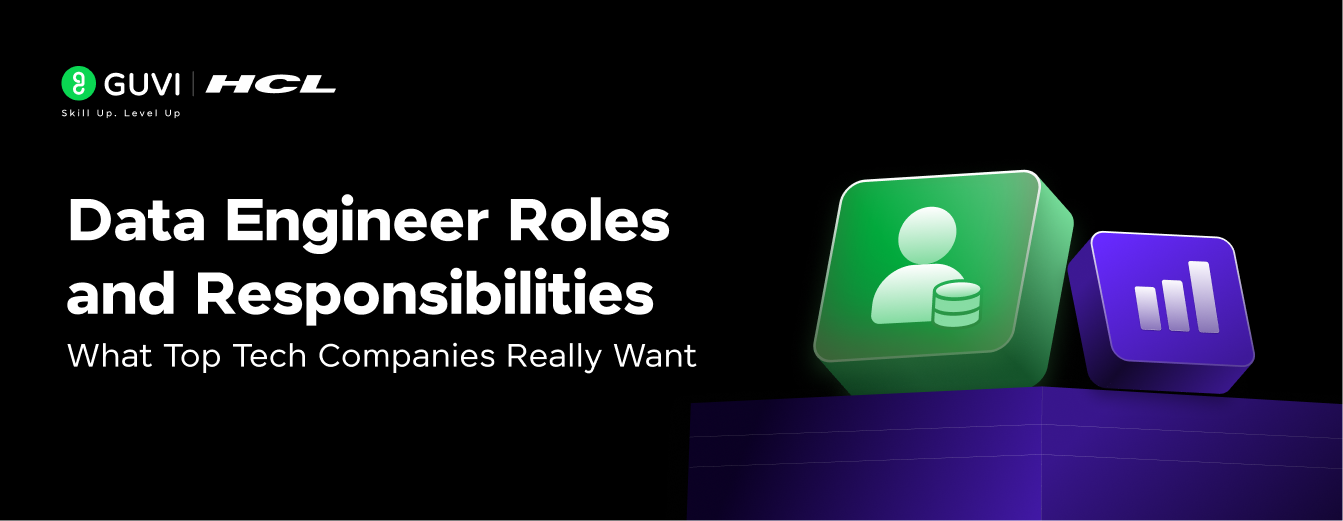

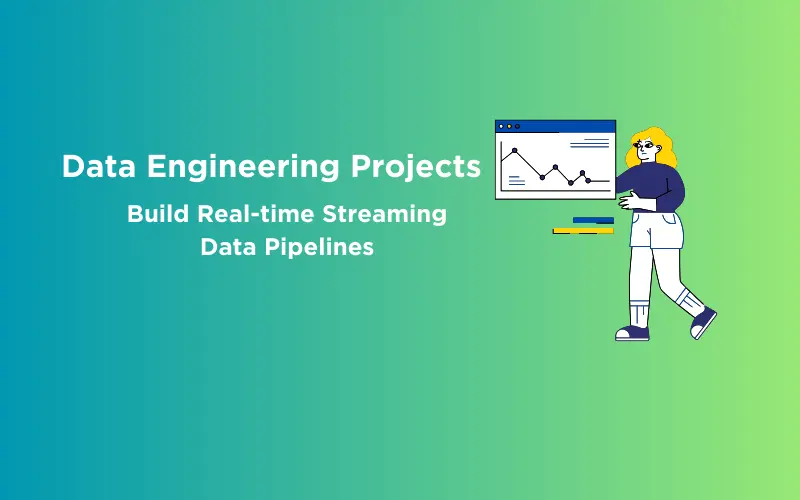

Did you enjoy this article?